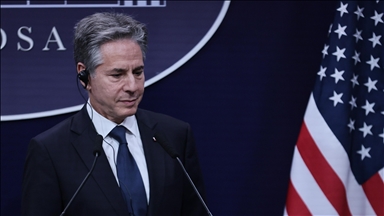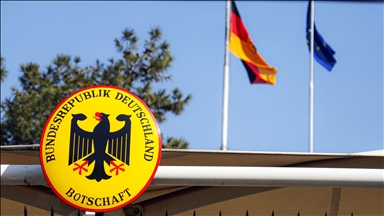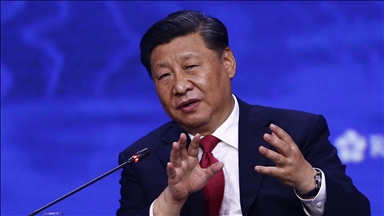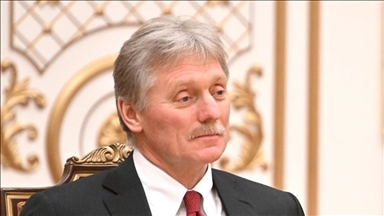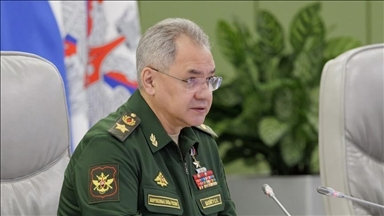China’s national legislature closes with 1st changes to State Council since 1982
State Council, the de facto cabinet, is required to uphold leadership of Communist Party, follow guidance of Marxist-Leninist thought
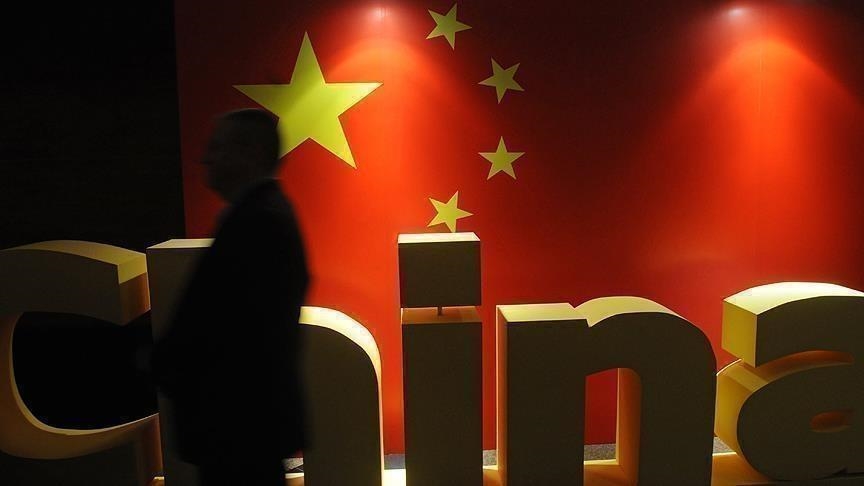
ISTANBUL
China’s national legislature concluded its week-long session in Beijing on Monday by revising a law on the country’s cabinet, the State Council, for the first time in more than 40 years, giving the Communist Party more control over it.
Lawmakers approved the revisions to the State Council Organic Law at the closing meeting of the second session of the 14th National People's Congress (NPC), said an official statement.
President Xi Jinping and other Chinese leaders attended the meeting at the Great Hall of the People in Beijing.
Li Hongzhong, vice chairman of the National People's Congress (NPC) Standing Committee, said earlier that the revision was a “necessary step” for the State Council to uphold the party's overall leadership and strengthen the all-around improvement of the government.
China’s “Two Sessions,” the country’s most important annual political meetings, began last week in Beijing with thousands of lawmakers, advisors and officials gathering at the Great Hall of the People in the capital.
It included more than 2,000 members of the 14th Chinese People's Political Consultative Conference (CPPCC), who began their second session on Monday, while nearly 3,000 members of the NPC convened a day later for the second such session.
The revised State Council Organic Law contains 20 articles and explicitly outlines the State Council's commitment to “building a law-based, innovation-driven and service-oriented government of integrity.”
It says that the State Council will uphold the leadership of the Communist Party of China and follow the guidance of the Marxist-Leninist thought of past leaders including Mao Zedong and Deng Xiaoping in addition to “Xi Jinping Thought on Socialism with Chinese Characteristics for a New Era.”
Members of the NPC on Monday also approved the government work report as well as the national budget presented by Premier Li Qiang.
Throughout the Two Sessions, the deliberations made regular references to developing “new quality productive forces” – China’s push for a shift in the economic landscape where research and development will serve as the driving force.
In an indication of a greater focus on high tech innovations, the central government decided to boost investment in science and technology by 10% this year.
The government has proposed a defense budget of 1.67 trillion yuan ($231 billion) for the 2024 fiscal year, a 7.2% increase.
China has set an economic growth target of around 5% this year.
Anadolu Agency website contains only a portion of the news stories offered to subscribers in the AA News Broadcasting System (HAS), and in summarized form. Please contact us for subscription options.


